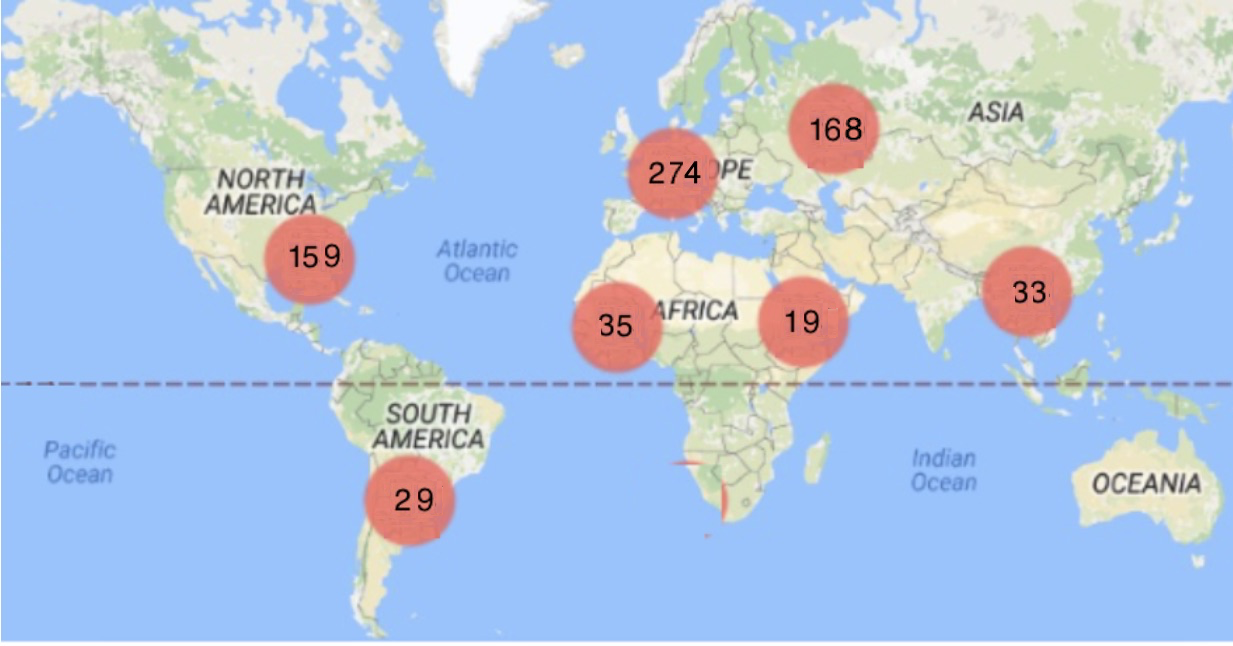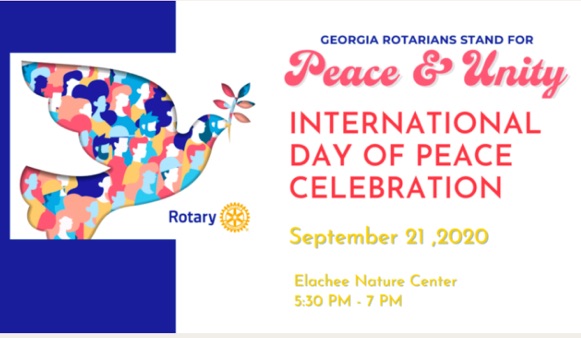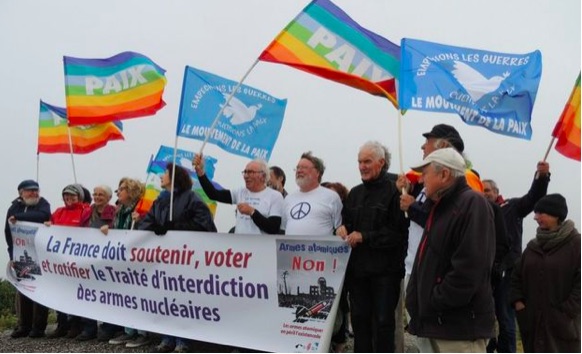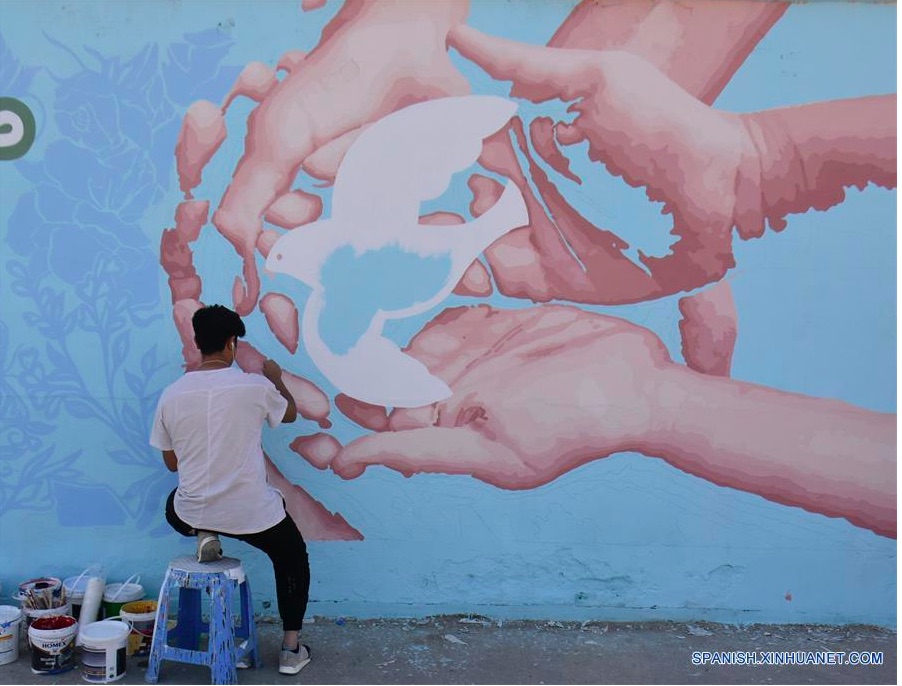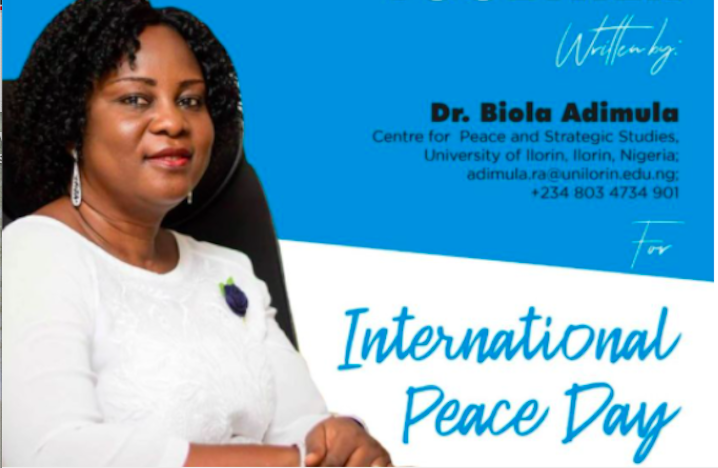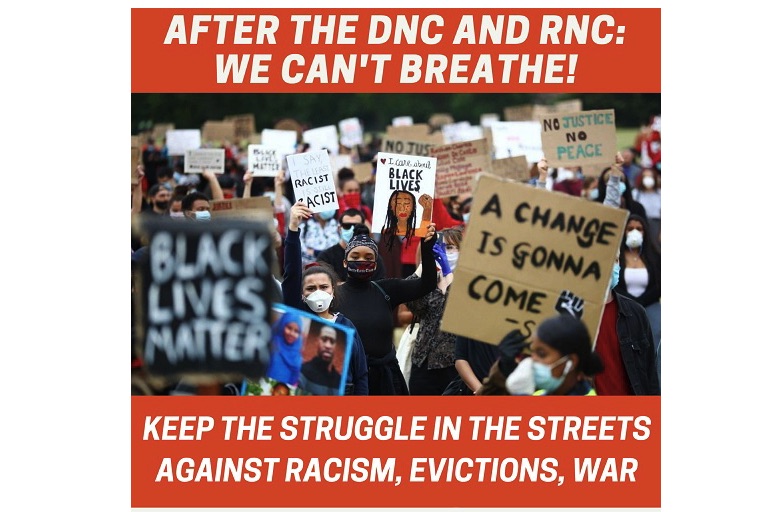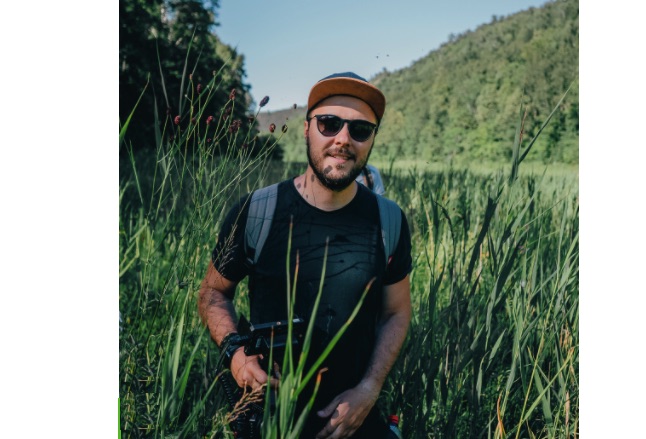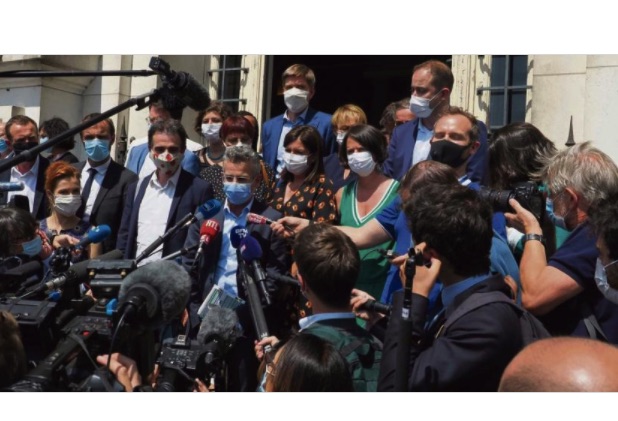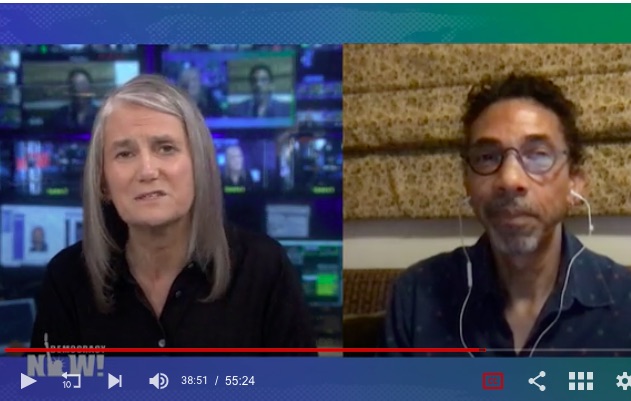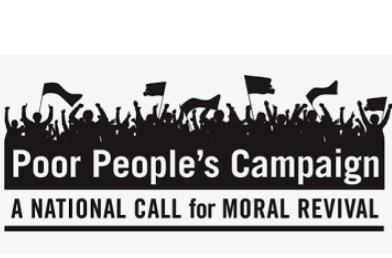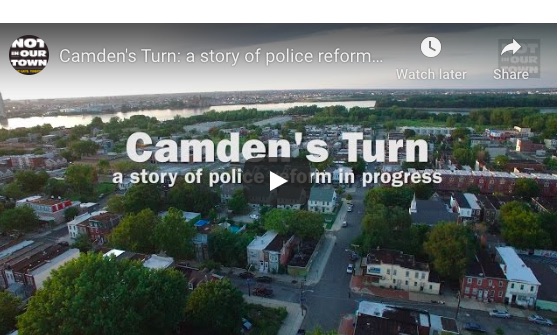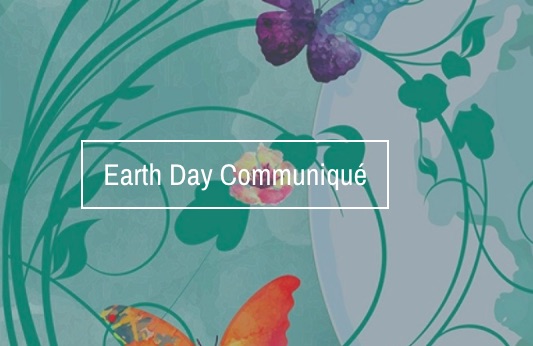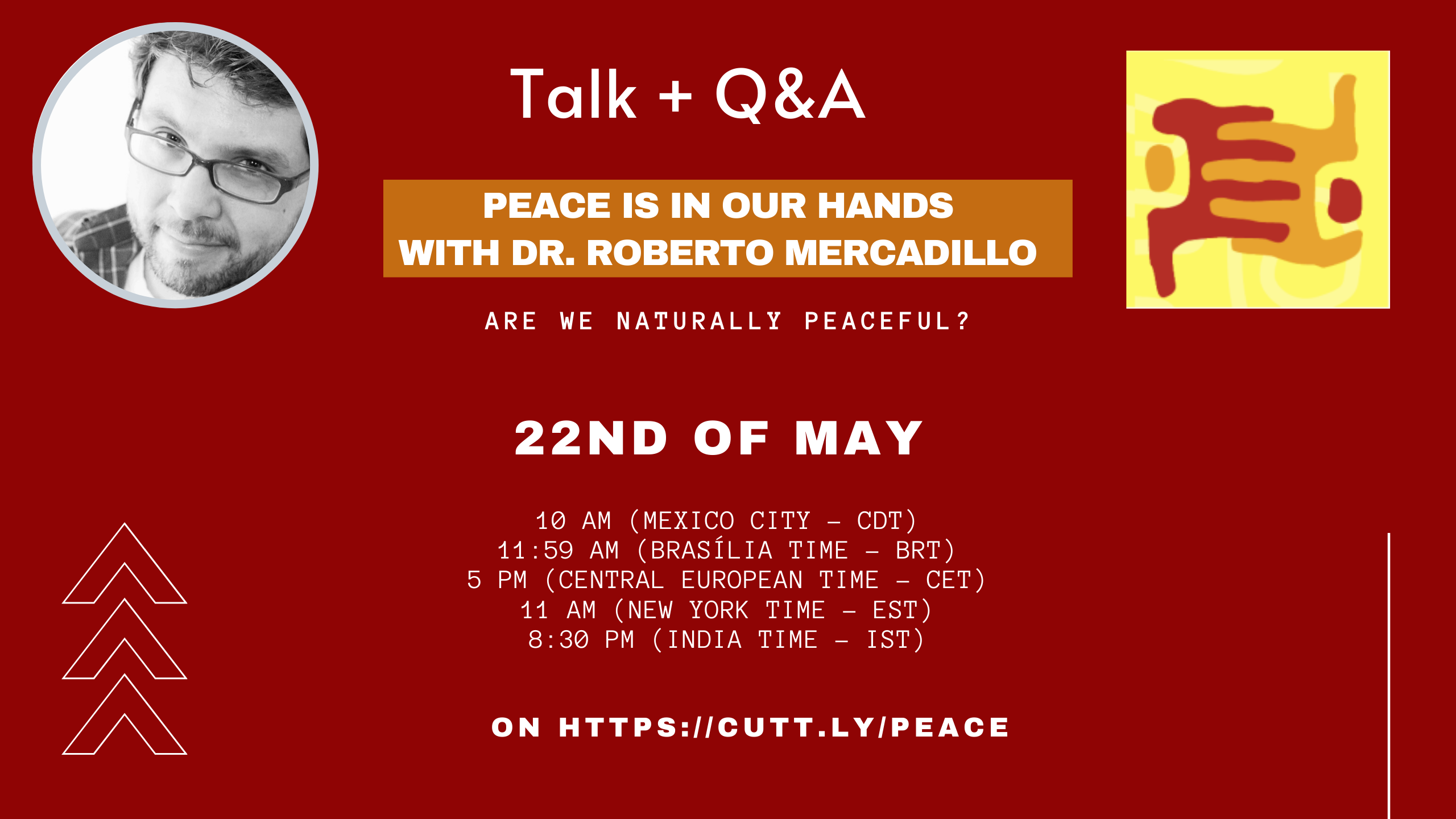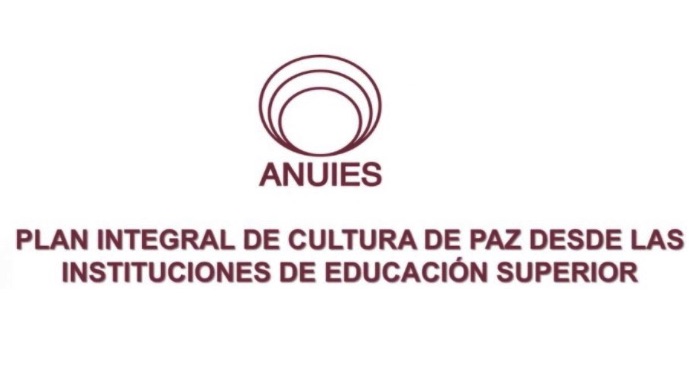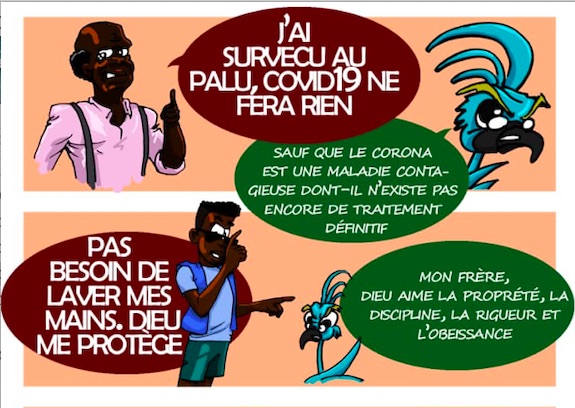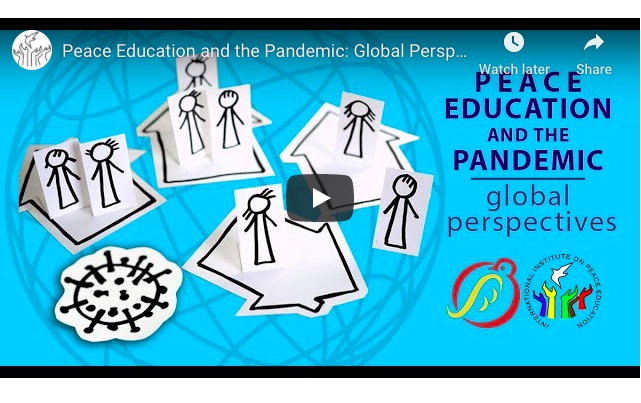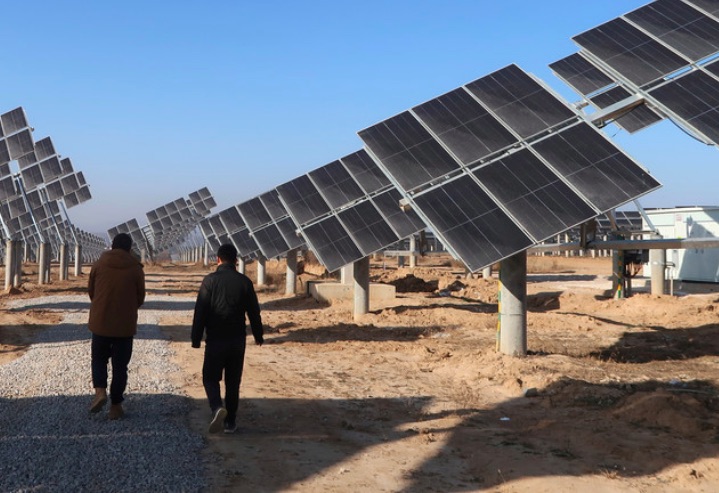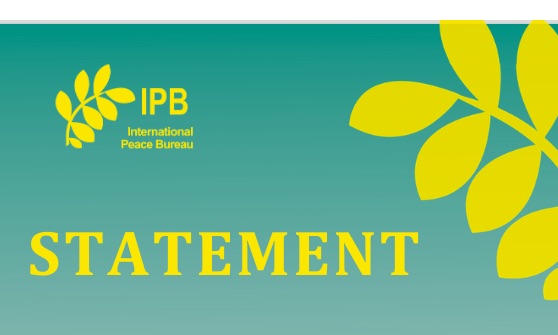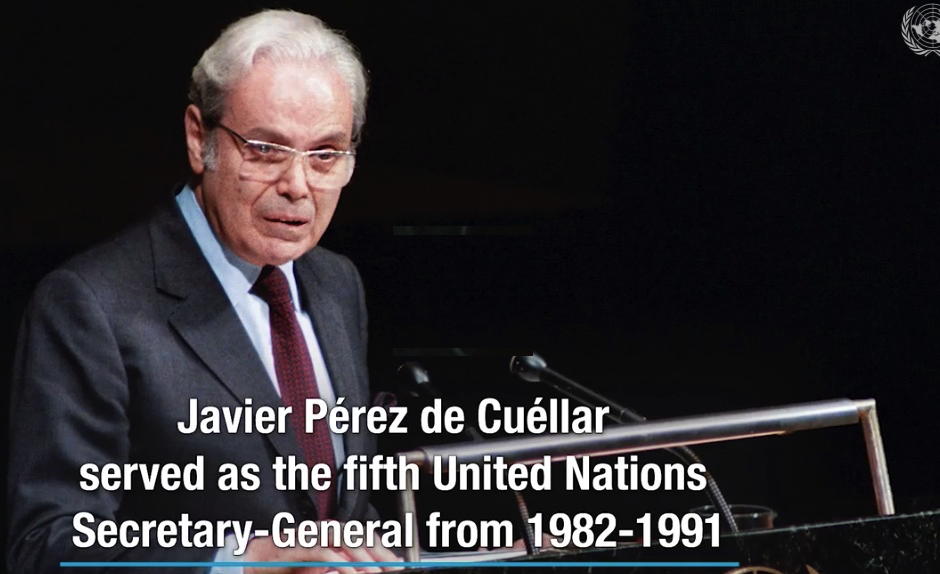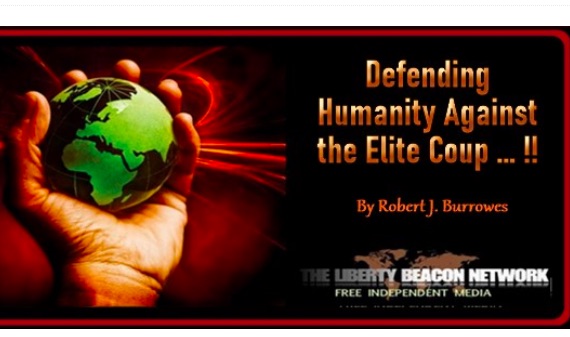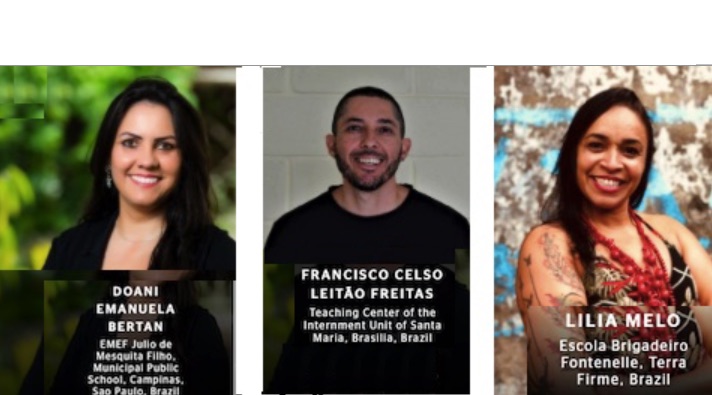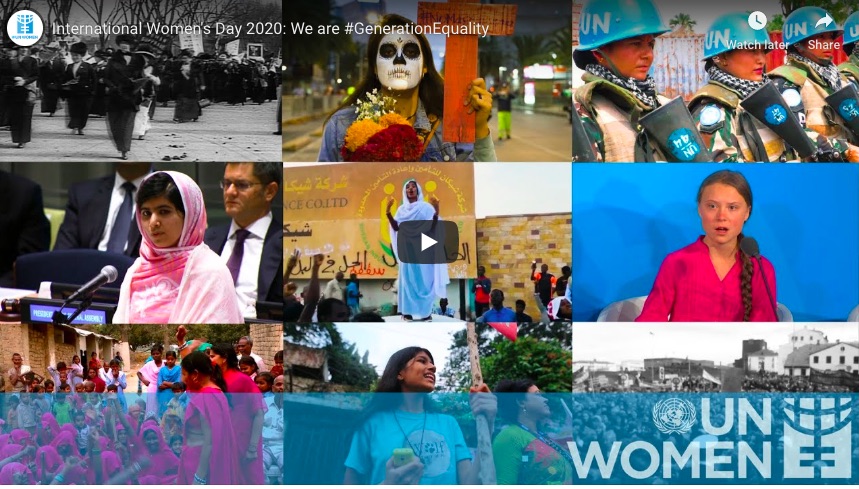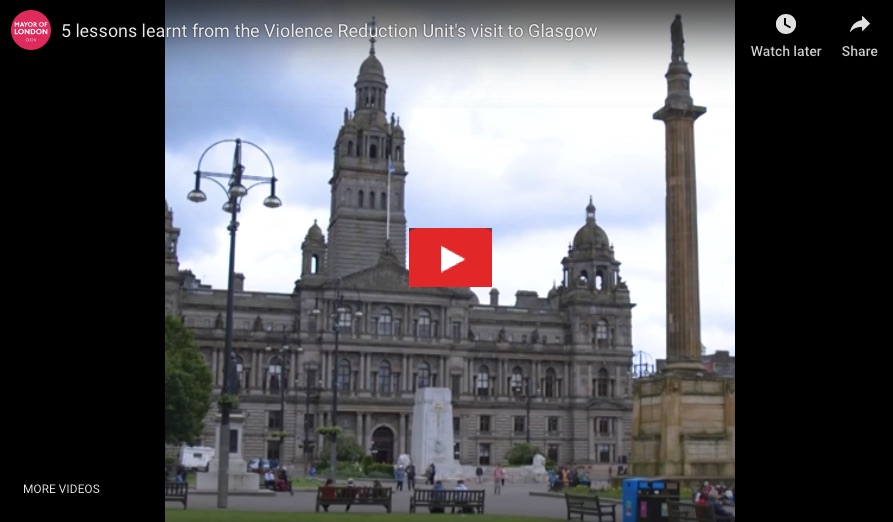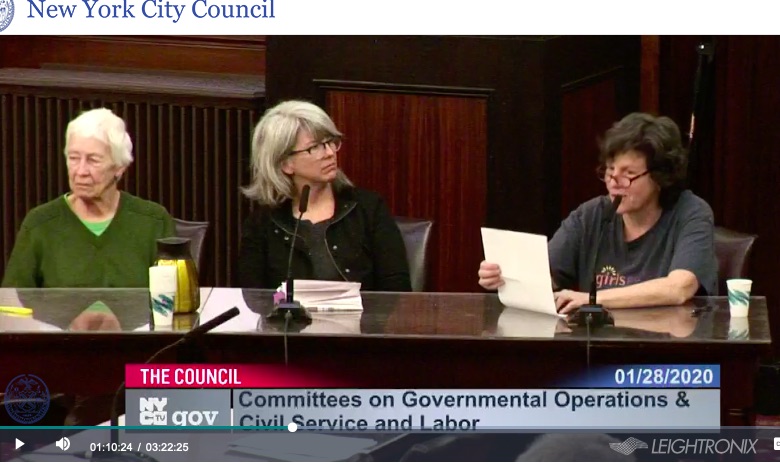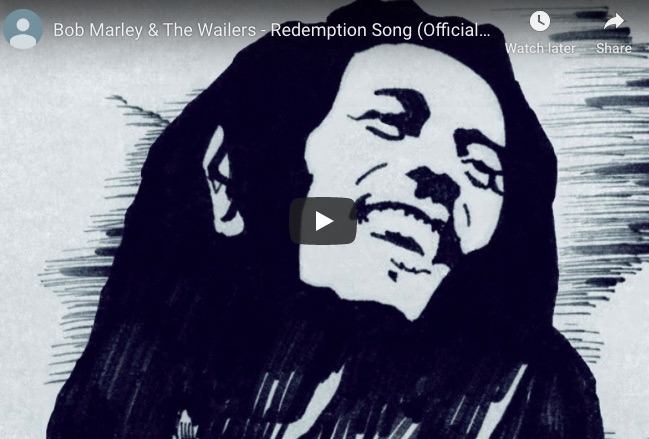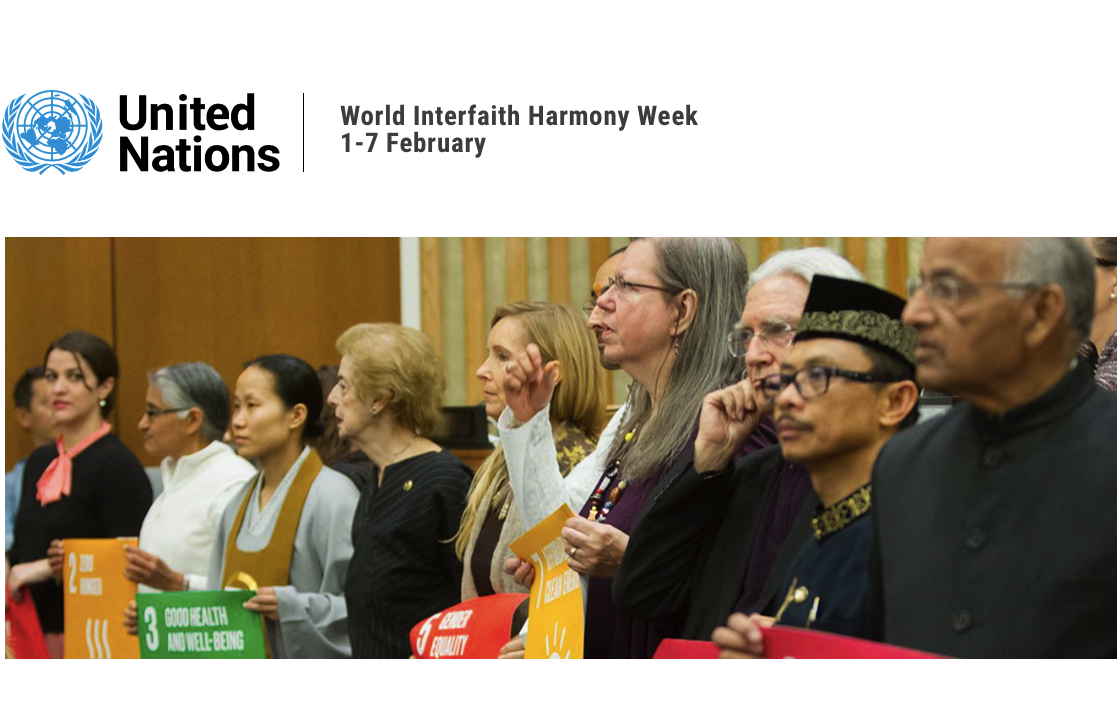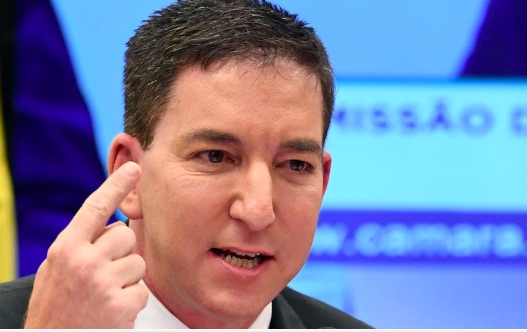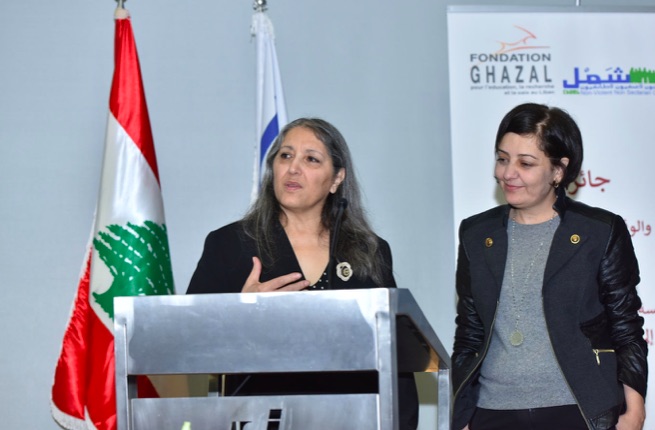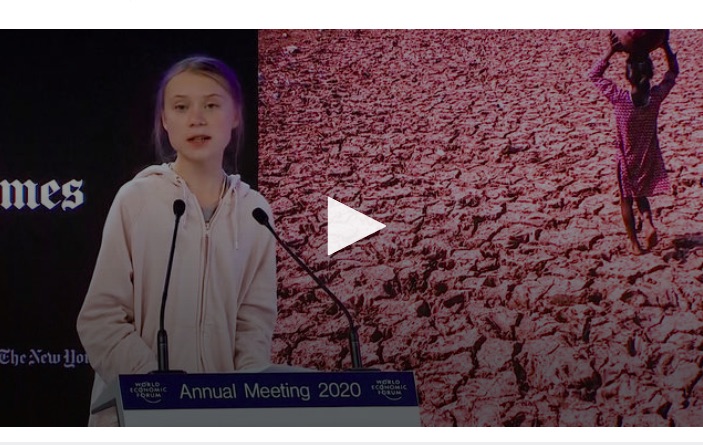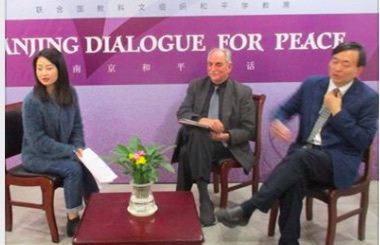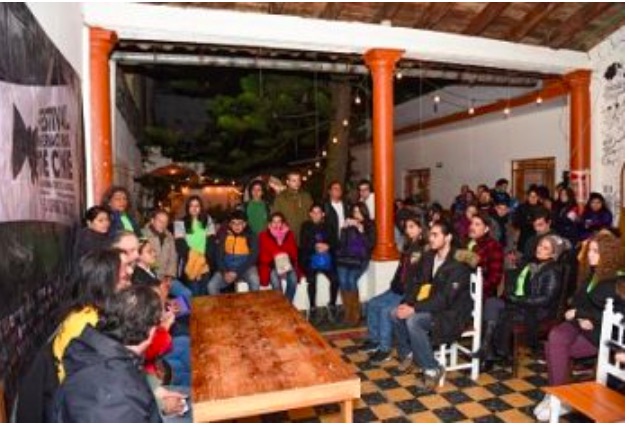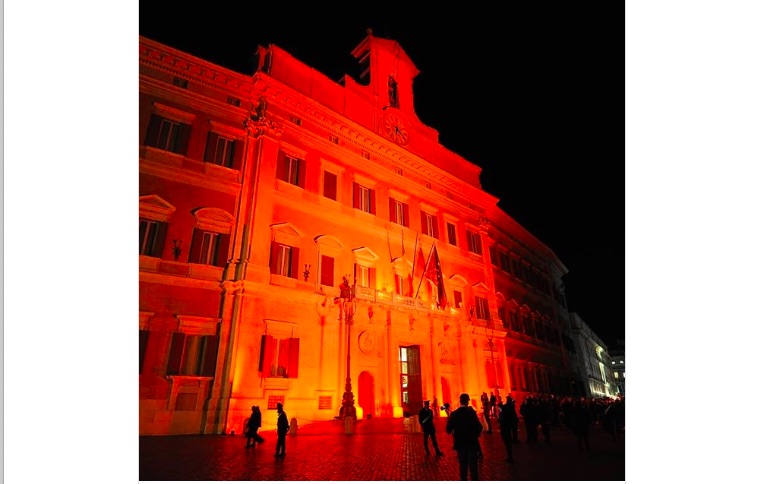In our survey of the Internet this year we found actions for the International Day of Peace in 717 communities located throughout the world. This total is similar to what we found last year, although the geographical distribution was a bit different.
This year the greatest number of actions took place in Europe.
In Western Euope we found reference to actions in 274 communities. The greatest number was recorded in Belgium where 159 towns and municipalities participated in a campaign to fly the peace flag on official buildings, calling for a Belgium without nuclear weapons in a world without nuclear weapons. An article from the Italian island of Sardegna lists actions in 37 communities. In France, the Collective for 21 September coordinated and described actions in 43 communities, including marches and demonstrations, often linked to the struggle to preserve the planet from global warming.
The Collective for 21 September is composed of 35 French organizations, led by Mouvement de la Paix. Their statement declares “More than ever it is necessary to cry out loud and clear: Stop wars, Stop violence, Stop misery, Stop injustices. Together, let us act to shape peace and the development of a culture of peace through the construction of a united world, free from all weapons of mass destruction.”
In the former Soviet countries of Eastern Europe, Russia, Ukraine and Belorus, we found actions in 168 communities, most of them involving the children in schools. Often the children made paper doves and wrote their wishes for peace, sometimes attaching them to balloons to fly into the sky and travel across the earth.
As was the case last year, many of the actions took place in communities across the two sides of the armed coflict in the Ukraine. One of them, in Svyatogorsk, was hosted by the Ukrainian Orthodox Church with the purpose of ending the armed conflict in the Donbass region. The Metropolitan of Svyatogorsk recalled that “Blessed are the peacemakers, says the Lord. We dare to take upon ourselves the title of peacemaking, so as not to renounce the great title of the sons of God.”
In North America we found actions in 159 communities, of which 110 were coordinated and listed on the website of the Campaign Nonviolence, “working for a new culture of nonviolence free from war war, poverty, racism and environmental destruction.” All 50 states of the United States were represented, along with the Canadian provinces of Alberta, British Columbia, Manitoba, Ontario and Quebec.
For example, in Philadelphia, Peace Day Philly 2020 included eleven programs over seven days – all on-line and all free – related to personal, local and global peace and justice.
Ongoing wars and recent peace accords were addressed by the day’s celebrations in the rest of the world.
In Africa, we found celebrations in 35 communities in 23 countries, many of them torn by violent conflict. In Cabo Delgado, Mozambique, a round table discussed the contribution of local actors in the process of building sustainable peace and social cohesion in a region plagued by successive armed attacks and religious radicalism. In the city of Goma, in North Kivu, Democratic Republic of the Congo, citizen movements and artists marched in the street to protest against massacres of civilians in the east of the country. Meanwhile in the DRC, seventy-five women’s civil society organizations unanimously formulated a joint declaration on the establishment of peace. And the African Union held a video conference: “Youth as agents for Silencing the Guns and Shaping Peace.”
In the Middle East and North Africa, we found actions in 19 communities in 10 countries and regions. In South Sudan on Peace Day September 21, which coincides with the second anniversary of the Revitalized Agreement on Conflict Resolution representatives of various faiths in Sudan of the South issued a collective statement calling for implementation of the peace agreement. In Yemen, still at war, a youth campaign calling for a ceasefire was launched with a vox pop video in which young people share their messages on peace. And from Aleppo in Syria, there is a video for the International Day of Peace in Arabic : “Living in peace is our legitimate right”!
In Latin America we found actions in 29 communities. Celebrations in Colombia were linked to commemoration of the fourth year since the signing of the peace agreement. For example, in the article from Prensa Latina, “Colombians from all over the country will march today in the context of the International Day of Peace to demand that the government comply with the Havana Agreement and put an end to violence in the country.” The largest number of community celebrations came from Mexico, another country that experiences a high level of violence.
In Asia and the Pacific we found actions in 33 communities in 13 countries. In Korea, a campaign called for an ending to the Korean War, signed by more than 350 South Korean and international civil society organizations. In the Philippines, solidarity was proclaimed with the young people of Mindanao who have been directly affected by the consequences of a conflict that is still being felt despite progress in the peace process. And in Pakistan, there were calls for the United Nations to intervene in Jammu and Kashmir where there is armed conflict with India.
A new feature of the celebrations this year was the increased importance of virtual meetings and conferences, such as that mentioned above by the African Union. A good example was the initiative Peace Weekend 2020 with the convergence of multiple online summits and music festivals including the UP Convergence, Peace One Day Live Digital Experience as well as the Shift Festival and Music Festival.
|
GLOBAL |
UNITED STATES AND CANADA |
EUROPE |
ASIA AND PACIFIC |
|
EX-SOVIET COUNTRIES |
ARAB STATES AND MIDDLE EAST |
LATIN AMERICA & CARIBBEAN |
